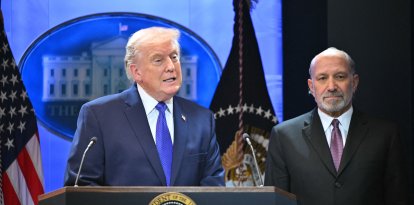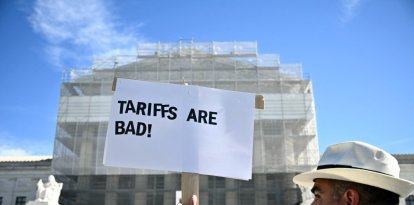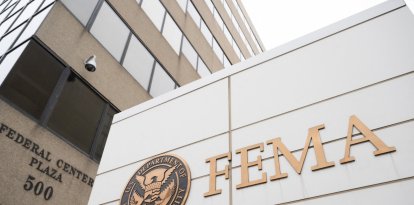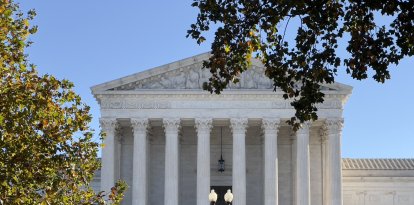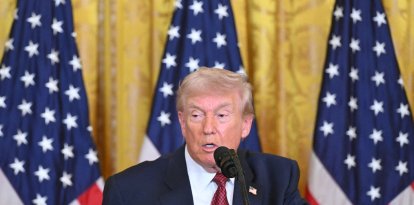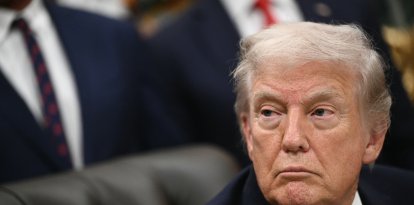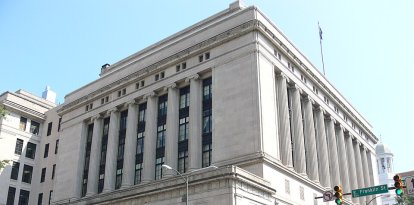Court rules that Trump does not have immunity from Jan. 6 lawsuits
Judge Sri Srinivasan explained that the former president does not currently hold office, so "he is subject to civil lawsuits like any private citizen."
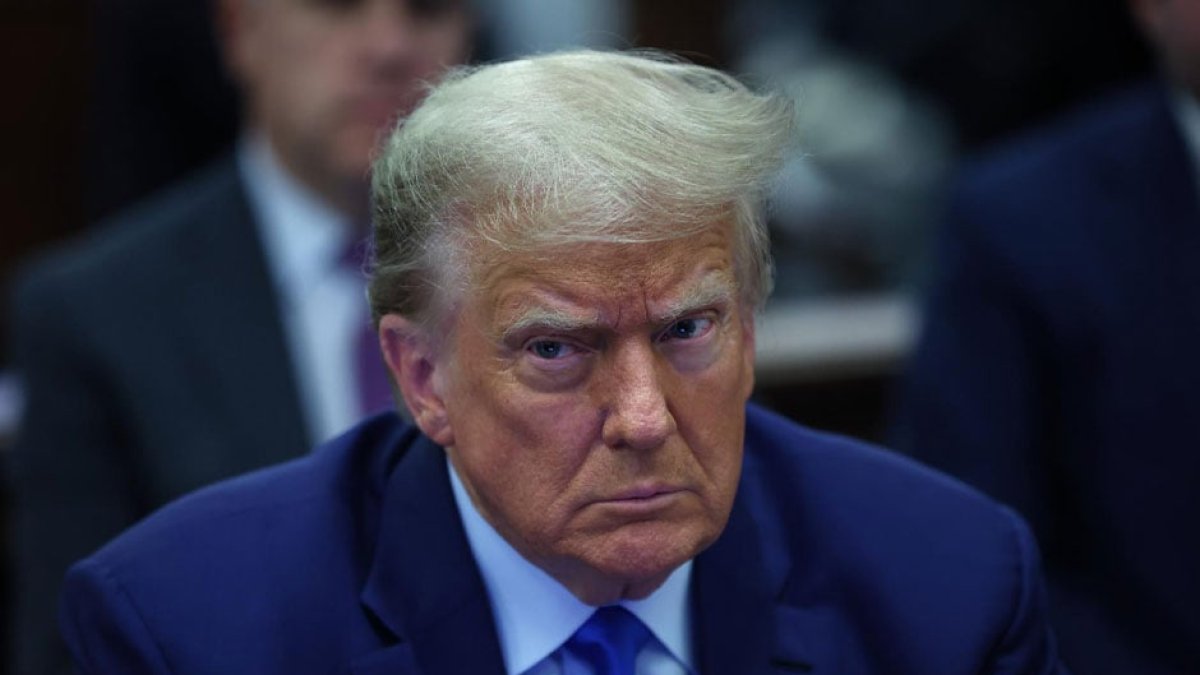
Donald J. Trump | EFE/EPA/MIKE SEGAR
The United States Court of Appeals for the District of Columbia has determined that Donald Trump does not have immunity from civil lawsuits related to the riots that occurred at the Capitol on Jan. 6, 2021, even though he was still serving as president at that moment.
Sri Srinivasan, the court's presiding judge, ruled that Trump "does not spend every minute of every day exercising official responsibilities," so "when he acts outside the functions of his office, he does not continue to enjoy immunity." With this, he clarified that the former president "is subject to civil suits like any private citizen."
The judge added that he "largely rejected his claim of immunity, and President Trump now appeals. The sole issue before us is whether President Trump has demonstrated an entitlement to official-act immunity for his actions leading up to and on January 6 as alleged in the complaints. We answer no, at least at this state of the proceedings."
Srinivasan also explained that Trump's current campaign to return to the White House does not qualify as "an official presidential act."
Following this decision, three lawsuits filed by members of Congress and by police officers who were present and injured at the Capitol on Jan. 6, 2021, can move forward in the judicial process. They assured that Trump was responsible for the events that occurred. "According to the plaintiffs, President Trump's actions, including ultimately his speech on January 6, sparked the ensuing riot at the Capitol," Judge Srinivasan said.













